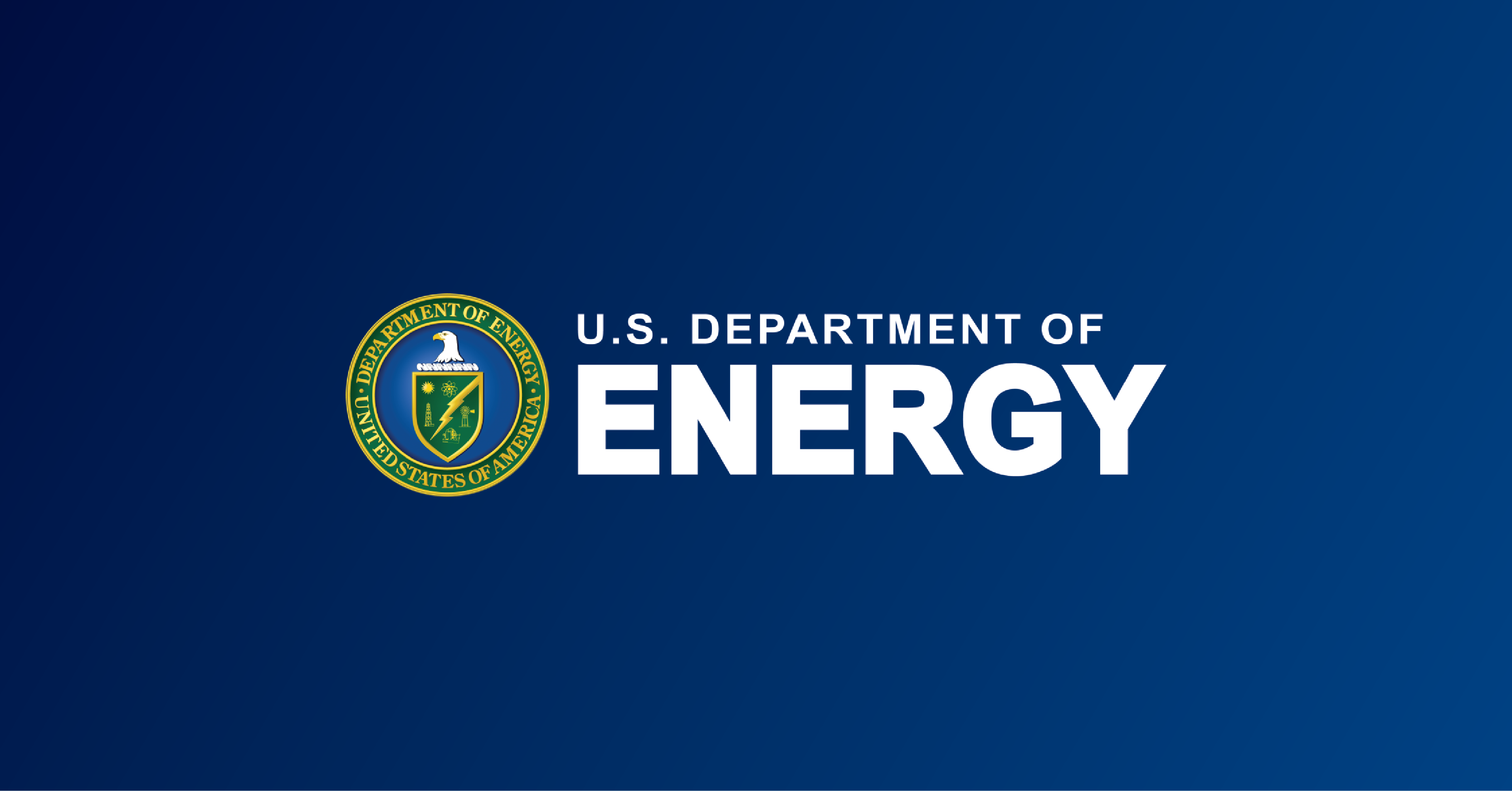
WASHINGTON, D.C.—In support of President Biden’s Investing in America agenda, the U.S. Department of Energy (DOE) today announced the next 19 state and local governments to receive more than $31 million in formula grants through the Energy Efficiency and Conservation Block Grant (EECBG) Program, funded by the President Biden’s Bipartisan Infrastructure Law and managed by DOE’s Office of State and Community Energy Programs (SCEP). Funds will be deployed to advance crucial clean energy and infrastructure upgrades by state governments, local governments, and in Puerto Rican municipios. The funding will provide record-breaking funding to help Americans promote energy efficiency and conservation efforts in communities across the country. Together with other DOE initiatives, this program will support households and communities in the nation’s clean energy transition and in meeting the President’s goal of a net-zero economy by 2050.
“Nationwide, we are flipping the switch for an equitable clean energy transition: one community at a time,” said U.S. Secretary of Energy Jennifer M. Granholm. “We are empowering states and their local governments — that know their needs best —to implement ambitious plans to transform their communities and ensure no one is left behind when it comes to energy efficiency upgrades.”
The EECBG program has over $430 million in formula grant funding available to more than 2,700 states, territories, local governments, and Tribes from every region of the country — serving over 250 million Americans — that are eligible to receive funding. The 19 grantees announced today is the second tranche of funding to be awarded from the EECBG Program. The first tranche of 16 grantees was announced in October.
Grantees can select from 14 categories of eligible activities that allow wide variety of clean energy projects and programs that align with their clean energy goals and meet their local needs. All states must subgrant at least 60% of their funds to local governments that were ineligible for a direct formula award from the DOE, and many states will subgrant an even higher percentage of their funds to local governments.
Here are some examples of the awardees and their plans for the program funds:
- Massachusetts will launch a sub-granting program for local governments to increase their capacity for clean energy planning and decarbonization. Sub-grant recipients may hire an energy manager and pursue decarbonization studies and weatherization retrofits for municipal and school buildings. They may also establish local campaigns to help low-to-moderate income communities access clean energy programs offered by Mass Save as well as new federal incentives, including from the Inflation Reduction Act. (Award amount: $2,494,680)
- Ann Arbor, Michigan will renovate the Bryant Community Center into a net-zero resilience hub and living-learning carbon neutrality demonstration site serving a disadvantaged community. The Community Center will receive a full building retrofit, including holistic weatherization, solar panels, battery storage systems, heat pumps, and EV charging stations. These energy resilience upgrades will allow surrounding communities to access critical services and power during times of disruption. The center will host hands-on programs and demonstrations related to carbon neutrality and deploying sustainable technologies in cold climates. (Award amount: $182,360)
- Georgia will create a competitive sub-granting program for local governments ineligible for direct EECBG Program funding. Program participants will select an EECBG Program Blueprint of their choice to pursue energy planning, energy audits, energy savings performance contracts, municipal fleet electrification, or community solar adoption. Local governments will be selected using a formula that prioritizes Justice40 and other disadvantaged communities. (Award amount: $2,989,230)
- Puerto Rico will establish a campaign to support forty-five municipalities ineligible for direct EECBG Program funding to install solar streetlights in downtown areas and perform energy audits in public buildings. The program will further an island-wide mission to reduce energy burden and increase grid resiliency in the face of climate disasters. (Award amount: $1,855,570)
Other awards announced today include:
- Arkansas ($1,961,110)
- Illinois ($2,909,890)
- Indiana ($2,448,930)
- Iowa ($2,004,050)
- New Mexico ($1,758,250)
- South Carolina ($2,176,180)
- Texas ($4,848,610)
- West Virginia ($1,809,210)
- Wisconsin ($2,330,720)
- Austin, TX ($855,340)
- Denver, CO ($655,720)
- Edmond, OK ($146,020)
- Orem, UT ($150,350)
- Rock Hill, SC ($133,080)
- Rio Arriba County, NM ($76,350)
Formula funding will be awarded and announced on a rolling basis as DOE receives complete applications. Local governments and tribes may apply for traditional grants or vouchers for equipment rebates or technical assistance. The deadline for local and tribal governments to submit their applications is April 30, 2024. Last week, DOE launched the portal to submit voucher applications. This streamlined platform and application will reduce the administrative burden of applying for and managing EECBG Program awards.
Visit the EECBG Program website for the full list of formula grants awarded to date and their proposed projects.









